Date & Time
Screen
VERSION
21:00 - Sat. 25 Jun 2022
Le Lincoln -
Salle 2
VOSTFR
SYNOPSIS
In Nitrate Kisses, Barbara Hammer explores the emulsions and damaged images, the lost vestiges of gay and lesbian culture.
The repressed, invisible history of marginalized people is contextualized in relation to the sexual behavior of today's gays and lesbians. Contemporary history of sexuality underestimates the resistance of gay and lesbian cultures, in the struggle for survival facing the power and dominance of straight ideology.
Questions of historical representation are examined through marginality, reading between the lines and between the images. Archival films from the 1930s as well as excerpts from Watson and Webber's first American gay film, Lot In Sodom, are mixed with contemporary footage.
ABOUT THE DIRECTOR
FILM INFO
Year : 1992
Country : USA
Runtime : 1h07
Language : English (french subtitles)
Colour : -
FOR PASS HOLDERS, SCREENINGS CAN BE RESERVED DIRECTLY AT THE CINEMAS CASH BOX AFTER COLLECTING THE PASS AT THE ACCREDITATION OFFICE
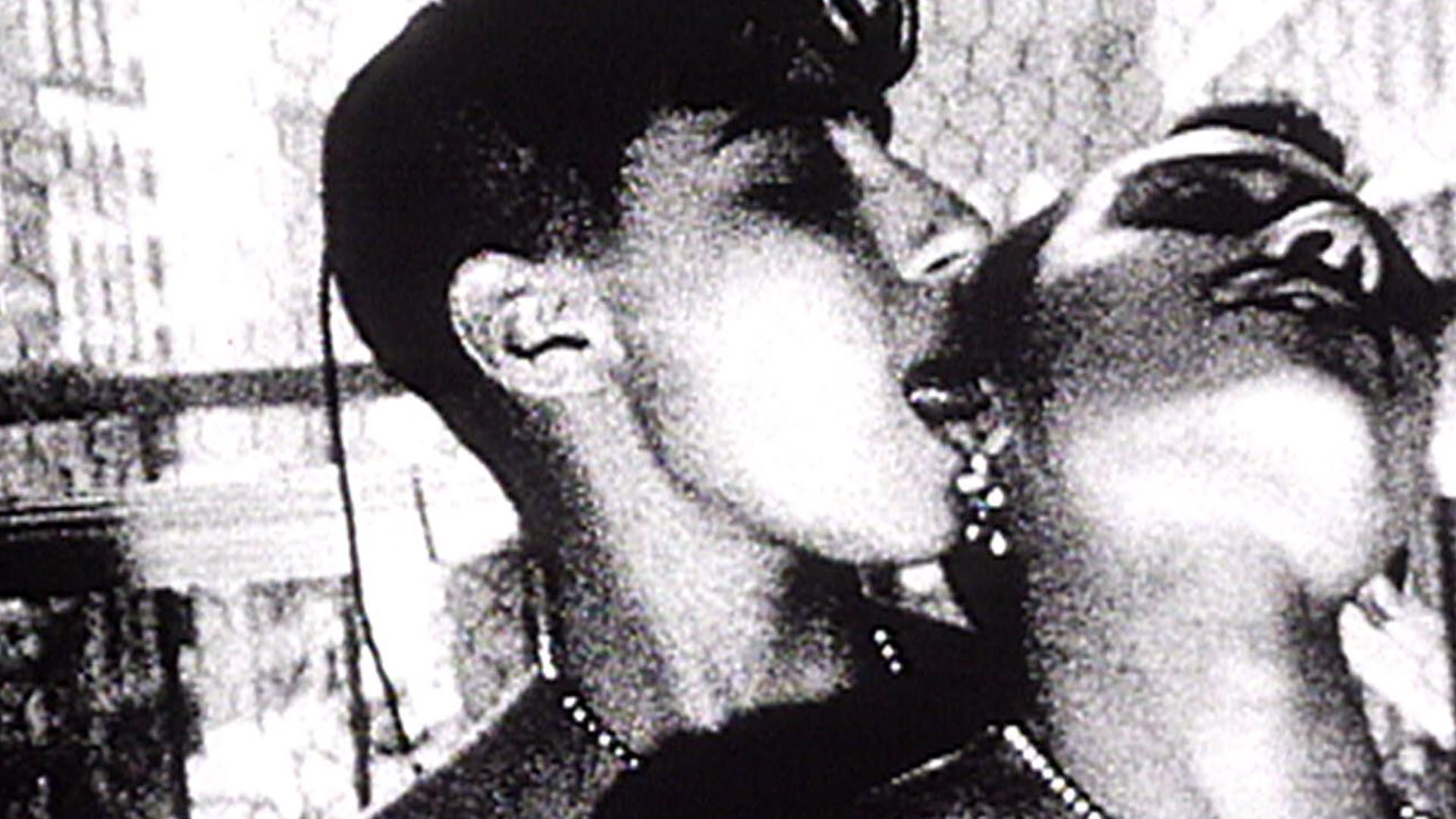







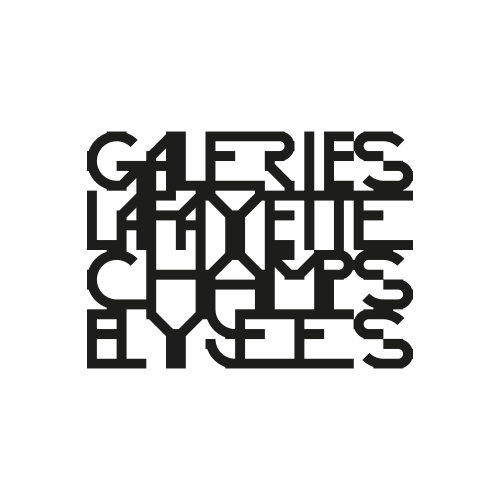


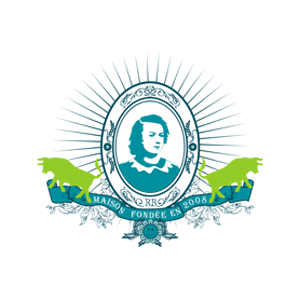
















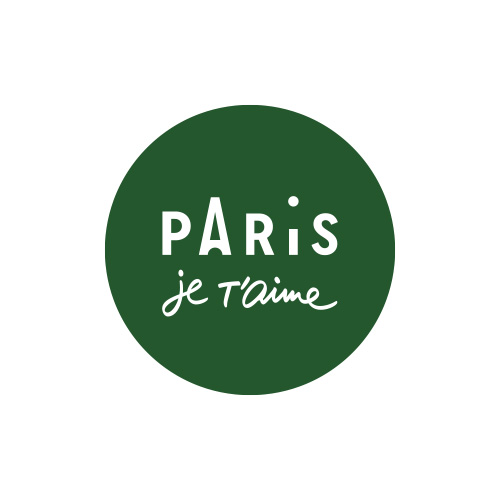

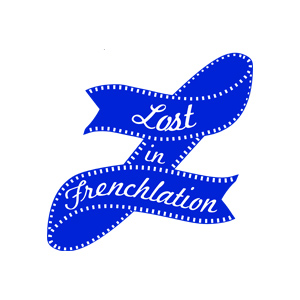
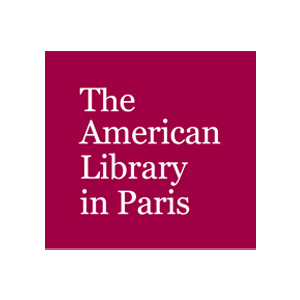
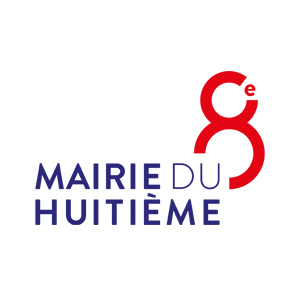



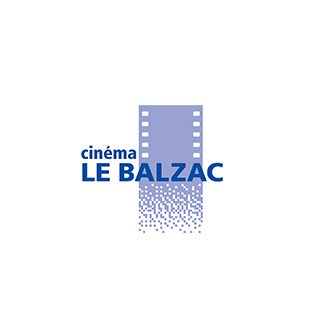


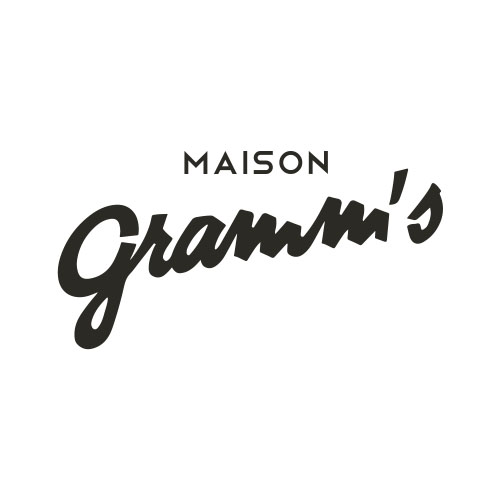

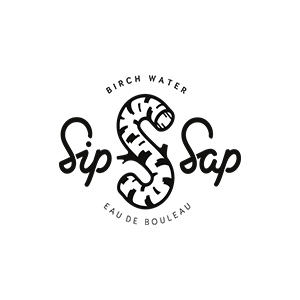


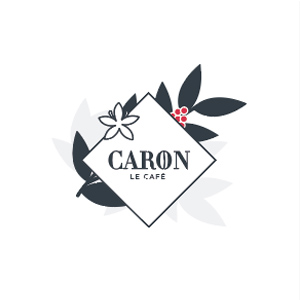
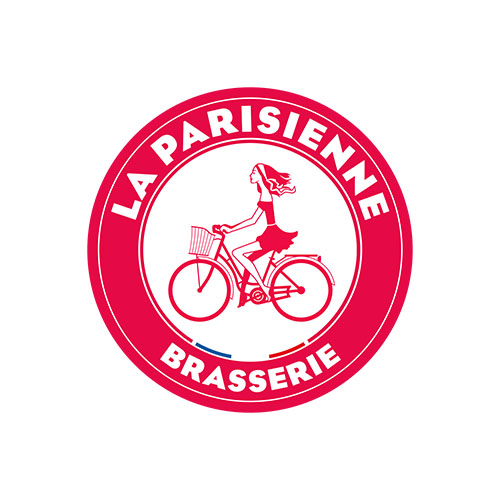











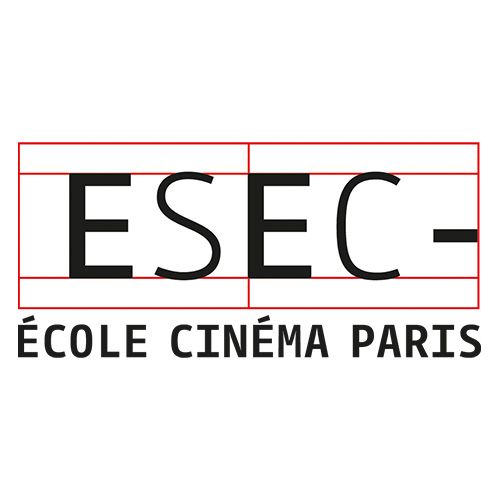
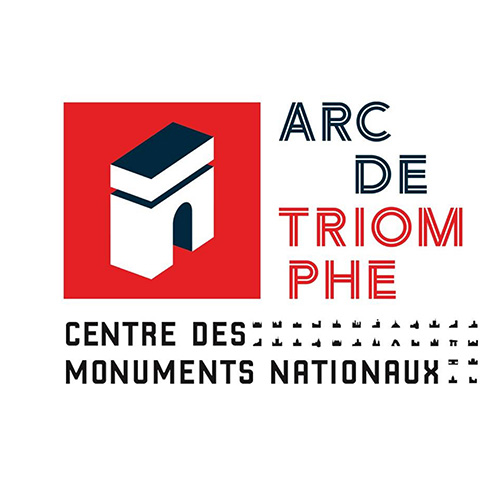
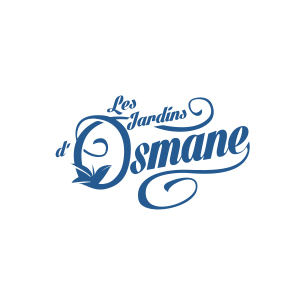

Barbara Hammer was born in Hollywood, California. After studying psychology at the University of California, Los Angeles, she received an M.A. in English literature and an M.F.A. in film from the University of San Francisco. She got married and taught at a high school in Santa Rosa before coming out as a lesbian. She began making experimental short films in the 1970s, then took an interest in video art in the 1980s. She taught at the School of Art Institute and the California College of Arts Institute. She made some of the first lesbian films, including Dyketactics (1974). In 1991, she received the National Endowment of the Arts Film Production Award for her first feature film, Nitrate Kisses (1992), the first part of a trilogy devoted to lesbianism and the history of the gay movement, including Tender Fictions (1995) and History Lessons (2000). With Resisting Paradise, she addresses the relationship between art and politics through the cases of Henri Matisse and Pierre Bonnard.